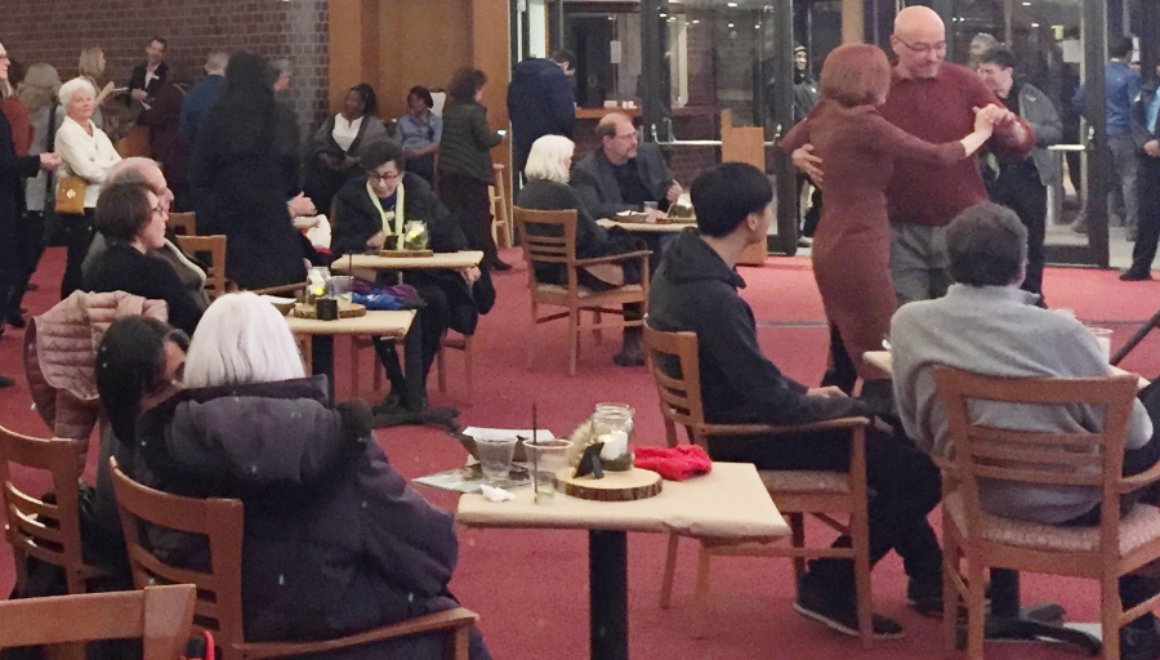News & Notes
The grandparent generation wants to have fun too (and they have time!)
Cultural organizations oriented toward children, like zoos, science centers, and natural history museums, often seek to deepen engagement with families by offering adult social activities, often on weekend evenings. These activities frequently target young singles or the parents of the small children who enjoy the institution’s daytime offerings.
But what about the grandparents? Recently, I was analyzing data from studies we’re doing with a major zoo and a national science museum, and I was struck by the fact that members of these institutions who do not have children in the household — and are therefore the people most likely to be able to spend an adult evening out — are usually age 55 or older (and frequently over 65).
No doubt many of these individuals are joining these organizations to enjoy visiting with grandchildren. But could there be a missed opportunity here? As older adults with no children in the household, aren’t these the people with the greatest potential to enjoy a night out with other grownups? Aren’t these the very people with the time and money—two things often in short supply for those raising small children—to engage more deeply and socially with these institutions?
And yet museums tend to market these adult, social evenings primarily to a younger, “hipper” audience. Might child-oriented cultural institutions deepen engagement with an important membership cohort by focusing more of these events on the grandparent generation? If you know of an informal-learning institution that is successfully engaging with this older cohort through social events, I’d love to hear from you.

